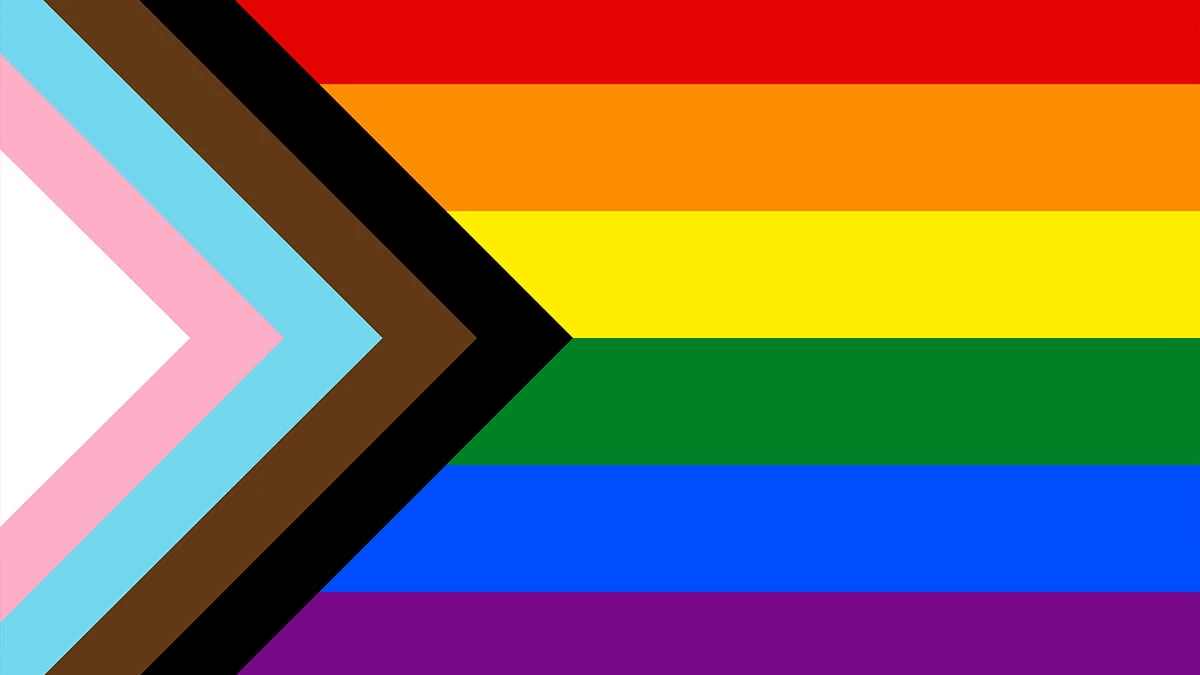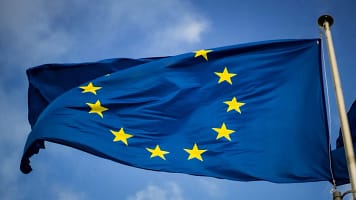The findings from ILGA-Europe’s Rainbow Map and the European Union Agency for Fundamental Rights’ LGBTIQ Survey III report are also presented, shedding light on the legislative landscape and the increase in hate speech and violence targeting LGBTI individuals.
The State of LGBTI Rights in Europe
As Europe approaches multiple elections, including the upcoming EU elections, the focus on LGBTI rights has intensified, serving as a crucial indicator of the protection of freedom and democracy in the face of the growing influence of far-right forces. The 16th annual Rainbow Map, published on 15 May by Europe’s leading LGBTI organisation, ILGA-Europe, has shed light on the legislative landscape across 49 European countries concerning LGBTI human rights. The findings reveal a concerning lack of readiness to combat attacks from the far-right and underscore the pivotal role of legal protections in ensuring the fundamental rights of LGBTI individuals.
Challenges and Progress
Across Europe, there is a stark contrast in the treatment of LGBTI rights. While some countries demonstrate a robust political will to uphold the rights of LGBTI individuals, others are witnessing regressive measures and active undermining of human rights. The rise of authoritarian leaders has led to the scapegoating of LGBTI people, contributing to the division and mobilisation of electorates. This trend is evident in various instances, such as the withdrawal of parenthood rights from same-sex couples in certain Italian regions and efforts to limit access to trans-specific healthcare in Slovakia, Croatia, France, and the UK. Furthermore, Russia’s unprecedented move to criminalise the «international LGBTI movement» as an «extremist organisation» has raised significant concerns.
In many countries, legislative processes for new LGR procedures have been stalled this year. Similarly, no country prohibited unnecessary medical interventions on intersex children.
Most European countries still don’t include sexual orientation, gender identity or sex characteristics as qualification criteria for asylum. In an overall climate of governments increasingly undermining the international right to asylum, this ongoing omission is very worrying. This year’s only progress in this area was Czechia adding SOGI in their asylum law and Ireland providing a consistent training framework for their asylum caseworkers.

The Role of Legal Protections
ILGA-Europe’s Rainbow Map emphasises the critical importance of legal protections in safeguarding the rights of LGBTI individuals. The findings come shortly after the European Union Agency for Fundamental Rights’ LGBTIQ Survey III report, which highlighted a significant increase in hate speech and violence targeting LGBTI individuals. The advocacy director of ILGA-Europe, Katrin Hugendubel, has underscored the dangers of inaction, particularly in the absence of comprehensive legislation to protect minorities, including LGBTI individuals. The lack of legal safeguards could potentially enable newly elected governments to undermine human rights and democracy, posing a severe threat to the fabric of society.
Political Will and Progress
Despite the challenges, the Rainbow Map also showcases instances of strong political will and progress in several countries. Greece, Germany, Iceland, Estonia, and Liechtenstein have emerged as beacons of advancement in the protection of LGBTI human rights. Notable measures include amendments in laws to allow same-sex couples to marry and adopt children, as well as the extension of adoption rights to same-sex couples. Additionally, efforts to combat hate crimes based on sexual orientation, gender identity, and sex characteristics have been evident in countries such as Germany, Bulgaria, Iceland, and Slovenia.
Furthermore, bans on conversion practices, which perpetrate violence against LGBTI individuals, have been implemented in countries like Belgium, Cyprus, Iceland, Norway, and Portugal. These positive developments underscore the proactive steps taken by certain nations to uphold the rights and safety of LGBTI individuals.
Setbacks and Concerns
While progress is evident in some regions, setbacks and concerns persist in others. Italy, for instance, has experienced a decline in the rankings due to stalling legislative protection for LGBTI rights, reflecting the potential consequences when comprehensive legislation is not in place, particularly in the context of far-right governance.
Moreover, EU accession countries, including Albania, Bosnia and Herzegovina, Kosovo, Moldova, Montenegro, North Macedonia, Serbia, and Ukraine, are facing challenges in fulfilling their commitments to advancing LGBTI rights. The delay in introducing crucial legislation puts citizens at risk and threatens to undermine fundamental rights, necessitating urgent attention and action.
Threats to Fundamental Rights
Notably, countries such as Turkey and Georgia, both EU accession candidates, have been actively eroding human rights and fundamental freedoms, with specific legislation targeting LGBTI individuals. Georgia, in particular, has faced criticism for crackdowns on pro-EU protests and proposed laws reminiscent of the Russian anti-LGBTI playbook. The executive director of ILGA-Europe, Chaber, has called for heightened vigilance against political hate speech and new forms of oppression, cautioning against the potential influence of authoritarian regimes on the European landscape.
The current political climate underscores the urgent need for stronger laws and policies to protect LGBTI individuals across Europe. Without comprehensive legal protections, the safety, rule of law, and democracy are at risk, posing significant challenges to the fabric of society and the preservation of fundamental rights.




